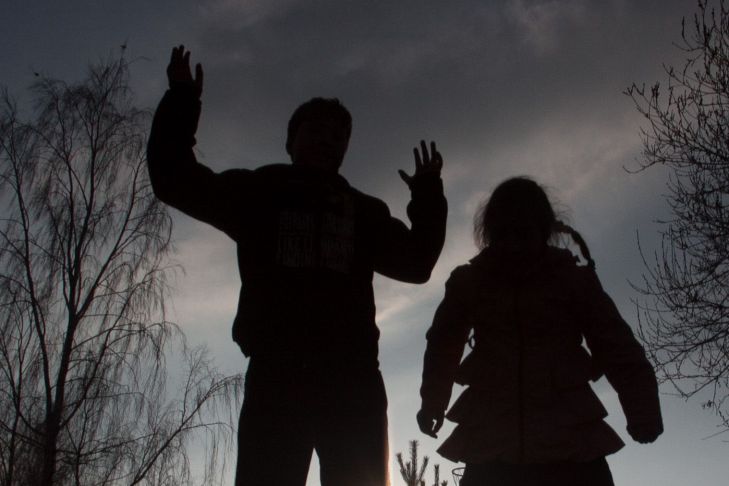Many parents teach their children to greet adults.
This is the right approach. It allows you to make a child a polite person who knows how to follow the rules of etiquette.
It's just that some moms and dads do the "training" incorrectly.

They force their son or daughter to greet a person the child does not know.
There is a typical example. A woman, having accidentally met her colleague or her friend on the street, says to the child: "Come on, say hello to your uncle/aunt!"
The baby, for whom the person next to him is a stranger, remains silent, for which he later receives a portion of criticism from his parent.
This approach can be called not just unsuccessful, but very bad. For two reasons.
The child is experiencing stress
The need to address a stranger makes a small child very tense, as he finds himself in a stressful situation.
If you want to teach your son or daughter to greet adults, then warn them about the need to say "hello" to the person they already know. This way, the child won't be so scared.
The child will begin to greet all strangers.
Of course, greeting adults is correct. But not in all cases.
Agree, if a baby says "hello" to almost every passerby, it looks strange and stupid! In addition, it is dangerous.
But this is exactly the kind of habit that can form in a child who was once forced to greet a stranger.
Previously, experts named two popular pieces of parenting advice that turned out to be untenable.


